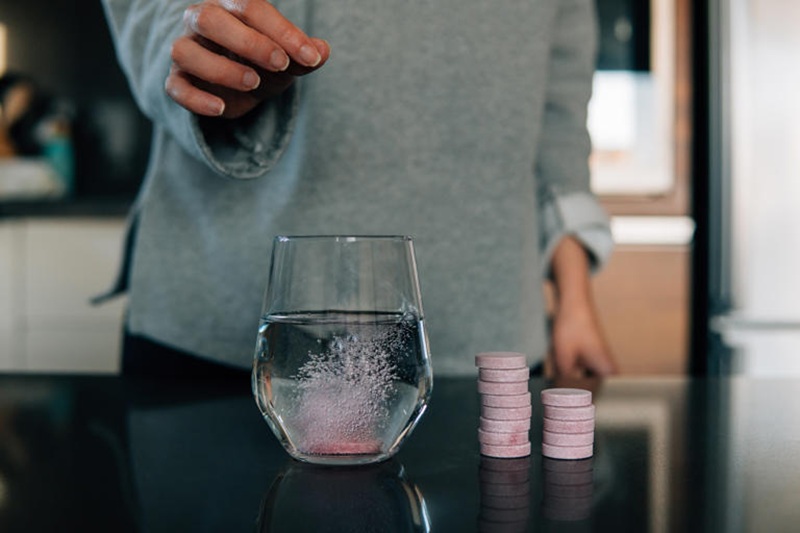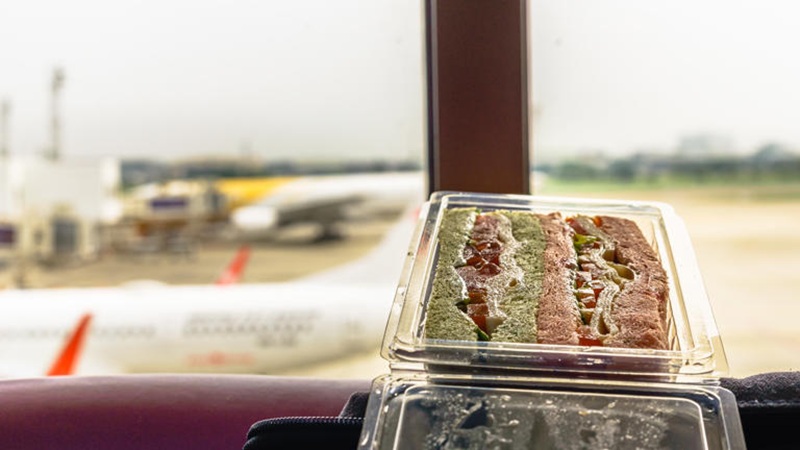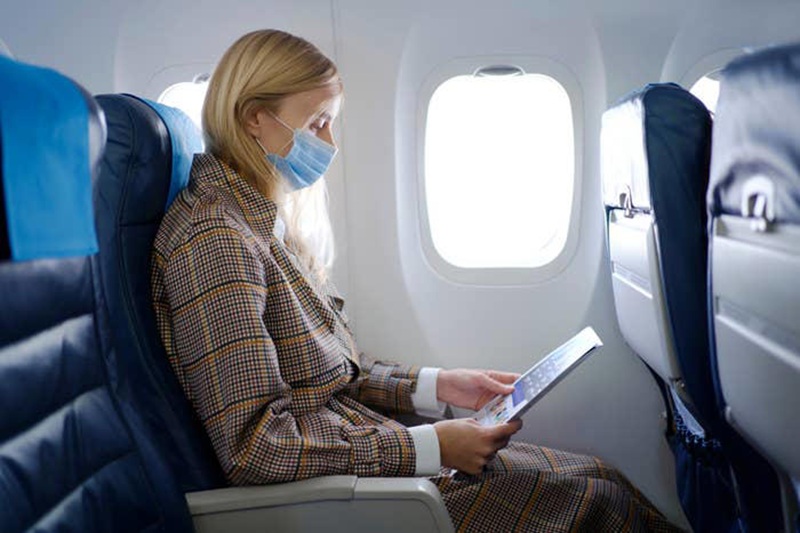The strategies that doctors use to prevent getting sick while traveling will help you experience a healthier and trouble-free trip.
Usually, when travelers return from vacation, they bring with them interesting souvenirs, sweet memories and a broader view of the world; But sometimes, along with these positive and encouraging things, they also get severe colds, digestive problems or other health problems. Getting sick while traveling is common and symptoms may start during the trip or even after returning home. However, this is not an inevitable outcome.
Dr. Henry M. Wu, assistant professor at Emory University School of Medicine and director of the Emory Health Travel Center, says:
You have to assume that travel increases the risk of getting sick, and no one wants to get sick while traveling; So it makes sense to take extra precautions.
In the following, Dr. Wu and other doctors have shared the things they always follow to prevent illness while traveling:
1. Use of masks in the airport and on the plane
Dr. Barbara Bower, a family physician at The Ohio State University Medical Center, says:
Even though covid isn’t as big of an issue as it used to be, I always wear a mask because of the closed environment and the circulating air inside the plane.
High-quality masks such as N95 are the best option to reduce the transmission of germs in crowded and closed places. Dr. Sara Batistich, an emergency room specialist at NYU Langone Health Center, has a similar experience.
Now I am used to always use a mask in transportation; Even if there are no sick people around me.
Photo credit: Andriy Onufriyenko/Getty Images
2. Constant washing of hands and use of disinfectants
Dr. Heather Viola, a primary care physician, says:
I always wash my hands and carry hand sanitizer with at least 60% alcohol to prevent the spread of germs.
Many airlines provide passengers with alcohol-based disinfectant wipes to clean seat surfaces, armrests, and dining tables.
3. Retention of body water
Dr. Battistich explains:
If I have a long flight ahead, I try to hydrate before the flight.
Doctors recommend drinking enough water and using electrolytes to prevent dehydration and fatigue. Soluble electrolyte packs can hydrate the body and prevent nausea.

Photo credit: Felix Andres Montana Otalora/Getty Images/iStockphoto
4. Use of immune system boosters
Taking vitamin C and nasal spray to increase the body’s resistance to germs in the dry cabin of the plane is one of Dr. Viola’s recommendations. Also, he suggests using nasal sprays or gels to keep the airways moist and prevent germs from entering.
5. Avoiding busy times to travel
If possible, Dr. Barbara Bower suggests traveling in the middle of the week and in the middle of the day to reduce the crowds and the risk of contact with germs.
6. Prioritize rest
Getting enough rest before the flight and especially sleeping during the trip can boost immunity. Also, give yourself some time to get back to normal after you return from your trip and minimize the night work before your first non-holiday day.

Photo credit: Evrim Ertik/Getty Images
7. Flexible planning
Since stress can lead to illness, planning your trip with flexible timing and not overbooking can help you stay healthy.
8. Balanced diet
Having a healthy diet rich in fruits and vegetables before and during the trip will help strengthen the immune system. Carrying healthy snacks also prevents you from eating unhealthy foods during flight delays or long trips.

Photo credit: Sommart/Getty Images
9. Examining vaccines and medicines required for travel
To reduce the risk of communicable diseases, get the necessary vaccinations for the travel destination. Also, if traveling to a country with a risk of “traveler’s diarrhea,” take anti-diarrhea medications and bottled water with you.
10. Sun protection
Using sunscreen and long-sleeved clothes can prevent sunburn and other skin problems during travel.
11. Preparation of insect repellent spray
For traveling to tropical areas or open spaces, be sure to carry insect repellent spray to prevent insect bites and the transmission of various diseases.
12. Bringing essential medicines
Always carry essential medications such as pain relievers, anti-nausea and anti-diarrhea medications with you so that they are available when needed.
You also share your experiences to prevent illness during the trip with us and other Kejaro companions.
Cover photo source: Huff post
RCO NEWS


















